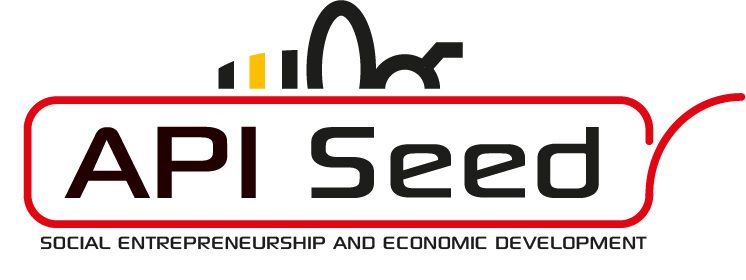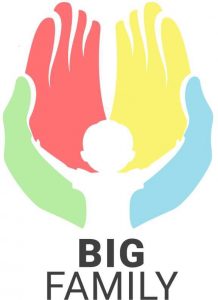“Enabling sociаl and economic integration of children without parent and parental care” is our latest project that is founded by the European Union as part of the project Do we reselmble EU? implemented by NGO Balkon3. It is implemented in cooperation with Association for children without parent and parental care Big Family.
The general goal of the project is creating a model for continuous following and implementation of children without parents rights and their social and economic integration into the society by the support of the local municipalities, communities and the socially responsible companies.
Through the project activities – creating short video and social media campaign, stakeholders round table, analysis on the legislative, etc we will emphasize the need for respecting the basic rights and freedoms of this target group, present their reality, initiate debate and give recommendations for improving their condition.
We will also encourage this target group by presenting the successful and positive experiences of individuals who had the status of being children without parents and parental care.
O n 8th of February 2020 in Skopje, Apiseed co-organized with the Beekeeping Federation, Ngo Sunrise and under the patronage of the Agriculture Ministry of North Macedonia the symposium “Using beekeeping and agroforestry resources in sustainable development”.
The symposium gathered 170 participants (beekeepers, agricultural stakeholders, agro-ecological Ngo) coming from all over North Macedonia as well as Kosovo and the southern part of Serbia.
It was aimed to tackle issues relating to :
- the value creation process in beekeeping and agroforestry,
- its adaptation to the promising market of food supplement and cosmetics,
- the potential benefits for rural economies.
Those issues were exposed through two lectures given by Elba experts, Professor Roch Domerego and M.Thibault Lemoine:
- The standardization and commercialization process of bee products.
- The beekeeping and agroforestry sectors as levers for local economic development and social integration.
The lectures were followed by questions and comments from the participants which allowed to exchange views and experiences on the problematics addressed.
The symposium was purposed to present the axis of a long-term project carried by Apiseed and to be implemented with the Beekeeping Federation, international experts and in cooperation with the Ministry of Agriculture which gave us full support (attached is the Ministry letter of support)
The global objective is to provide added-value training to the beekeeping and agroforestry production processes and get high-level certified products for hygiene purposes (soaps, toothpastes), cosmetics (creams, masks) or primary health-care (healing, anti-infective).
The sourcing of products components would allow to generate higher incomes and jobs opportunities in the sectors concerned.
The symposium concluded with an exhibition on the history of beekeeping in Macedonia. The support of the Natural History Museum of Skopje enabled to exhibit a collection of traditional beehive and ancient beekeeping materials.
Media coverage:
Here are three of at least 15 articles about the symposium:
https://www.24.mk/details/pchelarski-simpozium-vo-skopje-najava-za-nov-proekt-vo-makedonskoto-pchelarstvo
https://kanal5.com.mk/pchelarski-simpozium-vo-skopje-atidje-utre-na-dodeluvanjeto-na-oskarite/a408339
https://sitel.com.mk/pchelarski-simpozium-vo-skopje-najava-za-nov-proekt-vo-makedonskoto-pchelarstvo-0
Gallery from the event:











